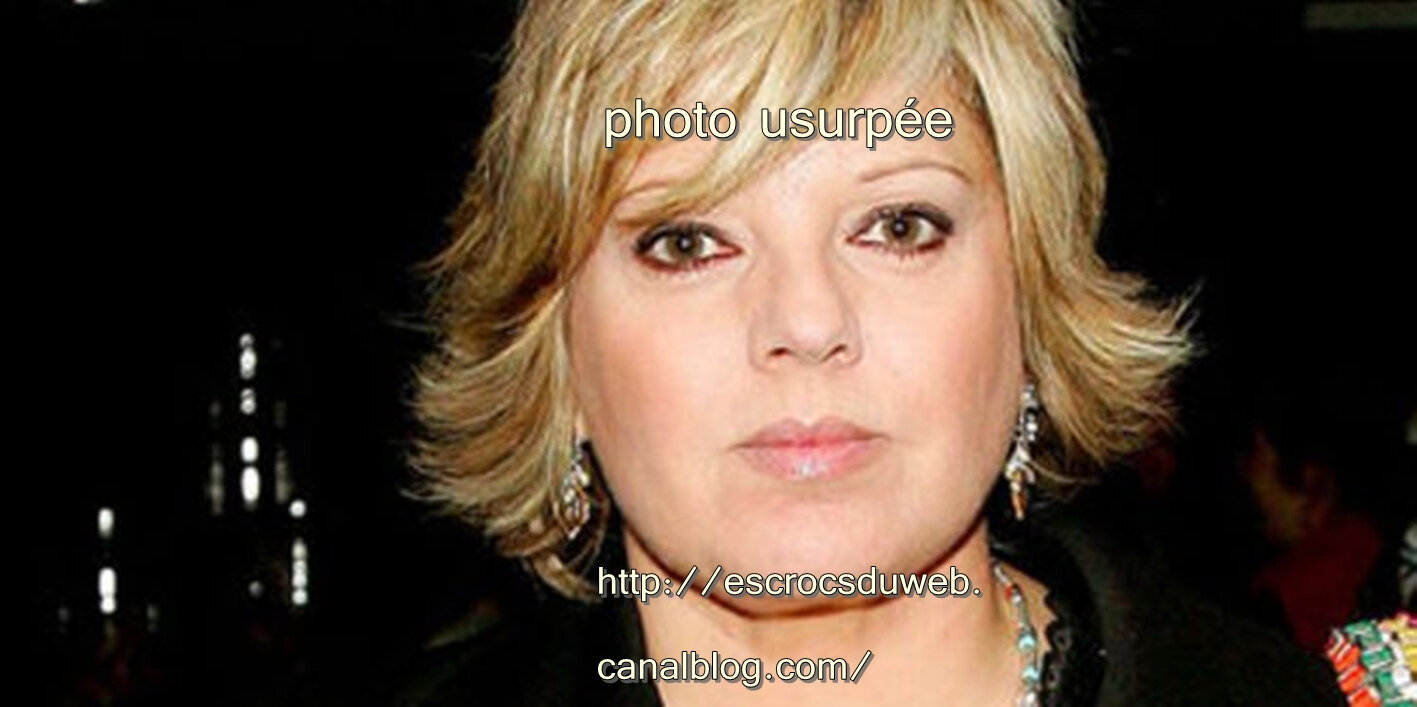


This begins with a critical examination of memory culture based on an urban exploration of historical places of memory and peace sites in Berlin (graveyards, memorials, portions of the Berlin Wall, etc.). The end of a war does not necessarily mean peace. in North Africa and the Middle East? Day 2: From War to Peace – Building Peaceĭuring the modules of the second day, participants will work out the difference between “ending a war” and “building peace”. The different modules of the first day are focused on multiperspectivity, using World War I as a starting point: What do the youth know about the war? What personal or familial connections do they have to World War I? How was the topic handled in their schools? Which narratives and perceptions of World War I are they familiar with in their societies? How did World War I end (politically, legally, militarily, socially, culturally agreements, territories/borders, grief and memory cultures)? How is World War I remembered (monuments, memorials)? What consequences did the war have for not only Europe, but also for its neighbors, e.g. Day 1: Overcoming War: Europe and Its Neighbors after World War I The three-day workshop program is divided into three large overarching topics that build upon one another. Does a European or transnational culture of commemoration exist?.How can we counteract stereotypes, prejudices, propaganda, populism, right-wing extremism or xenophobia?.How can democracy, participation, freedom, and social justice be promoted? What are they threatened by?.What can politicians and individual citizens, particularly youth, do for a peaceful future in Europe and with its neighbors?.Under which circumstances can peace processes become sustainable?.How does the transition from a situation of war to a situation of peace succeed?.The goal is to work out what role people and social groups have played, currently play, or could play in peace processes.įrom that, the following general leading questions for the workshop program derived: The guiding questions are: How can a war or conflict situation be overcome and how can sustainable peace be achieved? How can the sustainable formation of peace in Europe and with its neighbors succeed? Peace processes will be understood here as active processes. What can young people today do to build and maintain peace in and around Europe? Using the end of World War I as a starting point, participants will look back on European history and the history of its relations with its neighbors in order to better understand current and future relations and build peace. The topic of the international youth meeting “Youth for Peace – 100 Years After World War I, 100 Ideas for Peace” is the end of World War I and the future of peace in Europe and with its neighbors. Overarching Topics: “Overcoming War”, “Building Peace”, and “The Future of Peace in and around Europe” La description en anglais de tous les modules et ateliers vous donne tous les détails sur les différentes activités des participantes et participants sur place.


 0 kommentar(er)
0 kommentar(er)
